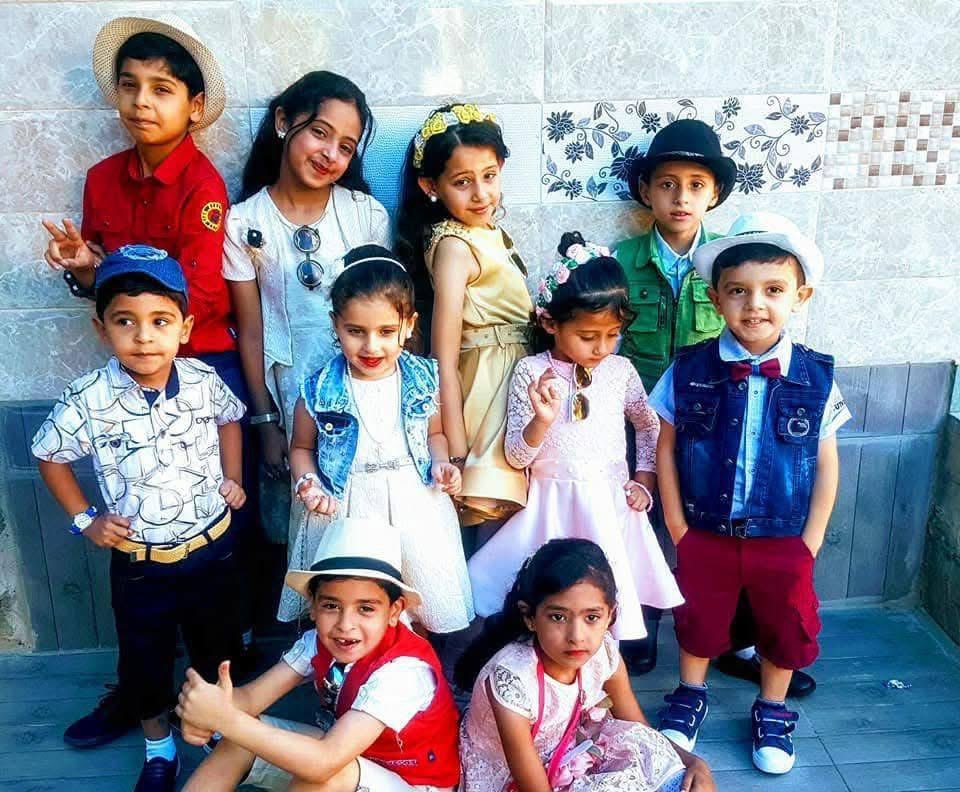
Robin Schimmelpfennig
@schimmelrob
PhD@heclausanne (w/@EffersonCharles). / Affl. @LSE_PBS w/ @mmuthukrishna. Prv. @googleAI , @FehrAdvice #behavior #culture #organizations #AI
ID: 922172245656600576
https://robinschimmelpfennig.com/ 22-10-2017 18:46:11
956 Tweet
795 Followers
847 Following

Worried that there aren't enough Multi-Agent LLM evals? Fear not! Today in a new paper, Aron Vallinder and I take a step in the right direction by studying the Cultural Evolution of Cooperation among LLM Agents.🧵 arxiv.org/abs/2412.10270





The cover of randomness: validating implicit methods for the study of sensitive topics Evolutionary Human Sciences CharlesEfferson and Sonja Vogt | Evolutionary Human Sciences | Cambridge Core - bit.ly/42VRzNw


The work featured in this blog was dismantled limb from limb in two peer-reviewed pieces Michael Muthukrishna Robin Schimmelpfennig Steven Heine

Psychologists often draw their 'theories' from their intuitions, schooled by their personal experiences. In this new manuscript, led by Mohammad Atari, we argue that this reliance has led to a field built around WEIRD Questions.




New PNAS paper (Great work Ivan Kroupin): The cultural construction of executive function. By comparing cognitive development in diverse communities, with & without schools, we find different cognitive developmental trajectories. Michael Muthukrishna pnas.org/doi/abs/10.107…








